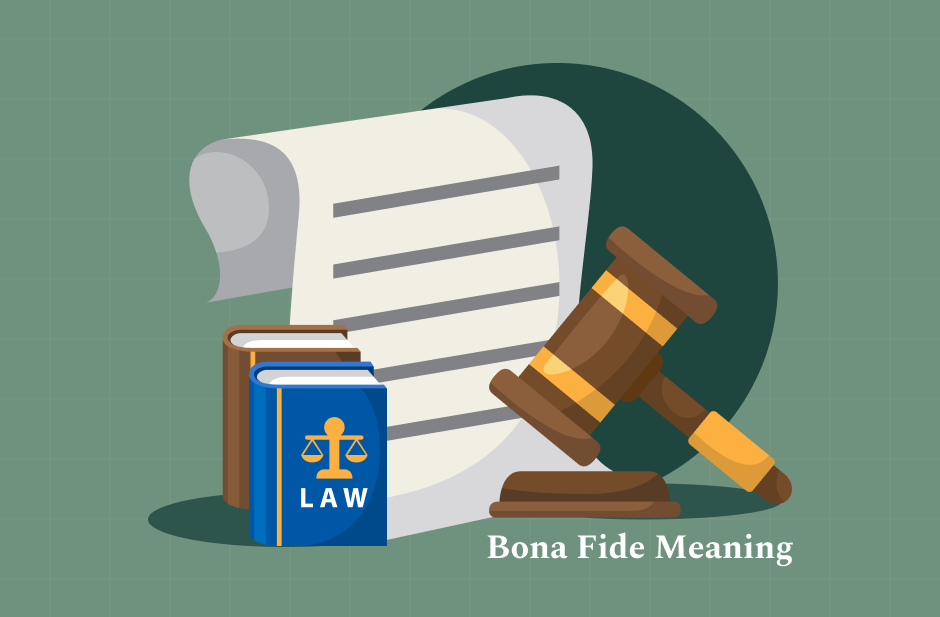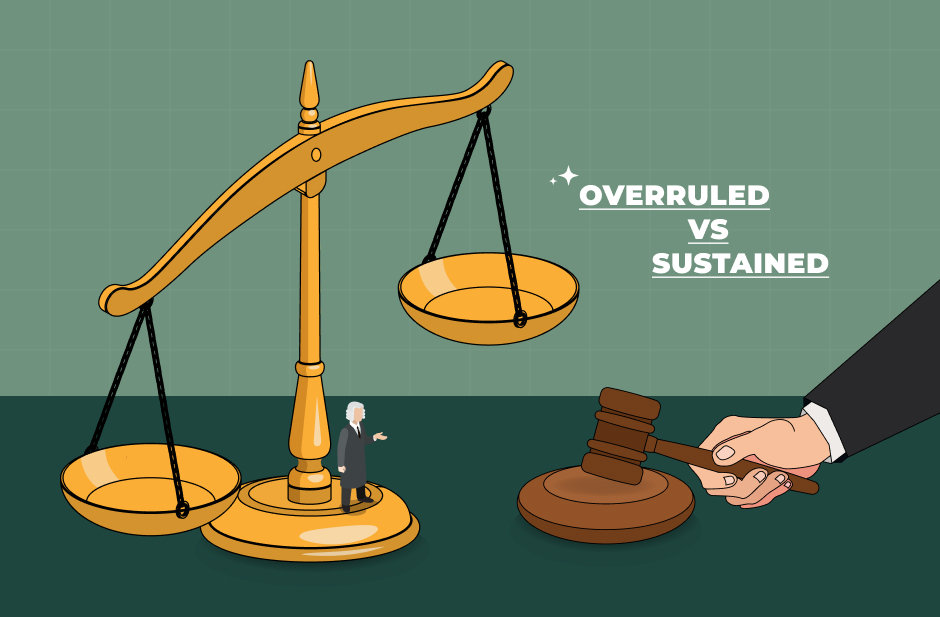Are you tired of living with a roommate who constantly disturbs you?Does your roommate lack a sense of personal boundaries? Have you simply had enough of their nonsense and simply want to evict them?Well, we are here to help you out. In this article, we will tell you all about the grounds through which you can evict your roommate. However, if you are a victim of illegal eviction at the hands of your roommate, we can help you there as well.
So let us begin without further delay.
What Is Roommate Eviction?
“Eviction is the legal process through which a landlord can legally remove a tenan from their rental property.”
By this definition, eviction is essentially a right and duty of the landlord. However, if the landlord does not take the necessary steps, a fellow roommate can.
- Roommate eviction or eviction of a roommate is a legal process through which you can remove a person who is sharing your rental property.
- This means that you are co-rentals in a rental property. This is a very common occurrence.
- Roommates can often turn completely noncompatible. Their behavior and lack of respect for regulations can force you to ask them to leave your shared premises.
- Under the law of the United States, you can ask your roommate to move out, but you cannot evict them yourself.
Eviction as a whole can happen due to many reasons. It can be due to the nonpayment of rent, violation of a lease agreement, bad behavior, or other similar circumstances.
More On Evictions
We often find ourselves Googling questions like “If someone gets mail at your house, can you kick them out?”
- If you are looking for a quick way to get your roommate evicted, we will tell you how. The specific procedures following which your roommate will be evicted can depend on your state tenancy laws.
- Another qualifying factor for eviction is the lease agreement, also called the tenancy agreement. According to its terms, a landlord may not choose to directly go ahead with eviction. This is when your role comes into play.
- If your landlord is not taking the necessary steps to evict your unwanted roommate, you can.
- Under any circumstance, it is always good to consult with a tenancy lawyer. They are legal professionals who will have a detailed understanding of the state and Federal tenancy laws. They will guide you as to which method is best suited to have your roommate evicted under the law.
Now, let us look at some of the grounds under which you can try for a roommate eviction.
Grounds For Eviction Of Your Roommate
Although the grounds for eviction in the United States can vary from one state to another, there are some general grounds that are applicable throughout the USA. These are the grounds that come from federal laws and also shape the state and local laws. Most of these terms make it to the rental agreement as its terms and conditions. So, let us have a look at some of these grounds.
If the nonpayment of rent is causing you to suffer.
If your roommate fails to pay their part of the rent in time, that could pose a problem for you.
- Each roommate contribution counts for the utility expenses.
- For example, if the electricity bill comes to $200 each month, each roommate has to pay $100.
- Now, if your roommate continues to not pay their part, you will alone have to pay the $200. That is in no way fair.
Your roommate’s lease violations are making you suffer.
Let’s picture that you are a law-abiding tenant.
- You have so far respected and abided by the terms of your Lease Agreement.
- However, your roommate continues to disregard them, causing you trouble.
- This could be sufficient Grounds to request your landlord to take a step to evict them.
If they continue to cause damage to shared property.
If your roommate is destructive in nature and that is harming you.
- If your roommate is constantly damaging the items in your room and making them unfit for use.
- If they have kept a pet in the rental property despite the lease agreement asking you not to.
- All of the above are good grounds for you to take action against your roommate.
If your roommate is very noisy.
Picture this. You have a 9 to 5 job and get home at around 7 o’clock.
- You want to spend your evening in a quiet and peaceful manner.
- Your roommate pros a party in the rental property every day.
- There is loud music and a gathering of multiple people.
- The following condition is sufficient Grounds to get your roommate evicted.
If they have already exhausted their tenancy period.
If your roommate has already overstayed their tenancy period. According to your lease agreement, they were supposed to leave the property long ago.
- They acknowledge the condition but refuse to leave.
- Under all of the conditions mentioned, your roommate is eligible for an eviction.
- Sometimes, roommate evictions can be the only way to a safe and Secure living. If there are domestic violence issues involved with your roommate.
If they are prone to violent tendencies.
If they have threatened you before and you fear for your safety.
All of the following are good Grounds to immediately ask for a roommate eviction from your landlord. Although under the law of the United States, it is not possible for you to directly affect your roommate, there are ways to get relief.
The basic process is to issue a legal notice to both your landlord and your roommate. Under all circumstances, be sure to follow the state and Federal laws. Follow the legal procedures and court orders. And in case of doubts, please go and visit a tenancy lawyer.
What Are The State Laws Relating To Roommate Eviction?
If you want to carry out a successful roommate affection, you must know the state laws that can assist you.
All roommate eviction laws vary from one state to another. Thus, it would be ideal to visit a tenancy lawyer to give you accurate and updated information.
Now, let us find out some of the common grounds of tenancy state laws that can govern roommate eviction.
Lease agreements or tenancy agreements.
Roommate eviction laws are mostly governed by the terms of the lease or rental agreements. If you hold a primary lease, which means that you are the main tenant and your roommate is the subtenant, you will have more authority in the eviction.
Most states have notice requirements.
If you are about to initiate an eviction of your roommate, you will have to first give your landlord as well as the roommate due notice. The notice period can differ from one state to another. However, you will have to give your notice 30 days prior at least. If your roommate is the primary tenant, your notice period has to be longer.
You will have to follow the due process of law.
We understand that most roommate evictions take place when it becomes unbearable for the other roommate. However, that does not mean that you can skip the legal procedures. Your state will have its specific landlord-tenant laws. You need to visit a tenancy lawyer and ask them to explain the Legal procedure related to roommate eviction. If you decide to take an illegal means to get your roommate evicted, it can lead to severe consequences for you.
The reasons for eviction can differ from one state to another.
However, the common ones include default in rent payment, destruction of rental property, violation of terms of the leaves, as well as damage to the property of the other roommates.
Be sure to prepare for retaliation.
Most of the state laws have provisions for the protection of tenants. A tenant can assert their legal rights during an eviction. While you are about to initiate an eviction for your roommate, they might use these points of defense. Visit your tenancy attorney to know how to best deal with these defenses.
Domestic violence is no joke.
File a complaint with your local police station in case of domestic violence. This will help you keep a record of violent incidences that can be solved, as evidenced in the eviction preceding.
Abide by your local regulations
The locality where your rented property is located might follow certain local regulations and by-laws. Make sure to be in the loop when it comes to these additional regulations. Otherwise, your roommate can hold these against you during an eviction proceeding.
Please keep in mind that tenancy laws of the state protect the rights of all tenants. Just as you have the right to issue a legal notice for roommate eviction, your roommate has the right to take proper defense.
What Are The Grounds Under Which Your Roommate Can Stop Their Eviction?
As we discussed before, the law is fair to all. The very same tenancy law that protects you has got their back, too. However, that in no way means that roommate evictions are complex. If you know what defenses they can take to stop the eviction, half of your purpose is already served. So, here we go.
Lawyered Up
On most occasions, we all like to be well-represented legally. Your roommate can contact a tenancy lawyer, too. Your roommate can get their lawyer to review your lease agreements to come up with loopholes. They can question your rights and responsibilities as a tenant or a roommate. This is why, before you file for a roommate eviction, it is always a good idea to check if you are staying legally compliant.
Negotiation
Check if they are willing to negotiate regarding the issues. If your roommate realizes that they are at fault and tries to communicate as a means of dispute resolution, contact your lawyer. If you want to negotiate and arrive at a middle ground, it could save all parties time, effort, and money.
Discussion With Landlord
If they are the primary leaseholder, they have considerable authority over the rental property. They may choose to discuss the issue with the landlord or property manager to find an easy way out. In such conditions, make sure to keep an open dialogue with your landlord so that your rights are not overlooked.
Counterclaims
If they file a counterclaim- Your roommate may file for a counterclaim to battle eviction charges. The ideal thing to do in such a condition would be to seek appropriate legal guidance. Also, make sure that you keep attending all court hearings to stay legally compliant.
Final Word: How To Go Through An Eviction Proceeding Successfully?
Roommate eviction is sometimes a complex procedure. It involves multiple legal processes, state and Federal tenancy laws, and local regulations. These legal procedures can also differ based on which state you live in. However, this is a rough procedure of how evictions of roommates take place.
Superiority Of Rental Agreement
If there is a valid lease or rental agreement, all parties start by going through its terms and conditions. Its relevant clauses related to adding or removing roommates are crucial in such times. The legal proceeding will take place according to the terms of this agreement.
Legally Notify Your Roommate
The next step is to provide notice to your roommate. You must give this person due time to gather their belongings and vacate the premises. A minimum of 30 days of notice period is mandatory under the law. If they have lived here for a long time, you will have to give them more than 30 days notice.
Deliver The Notice
This notice will need to reach your roommate through a legally prescribed procedure. You will deliver it either through registered post or by handing it to them in person. You can also choose to post it on their door in case they are unavailable.
Dispute Resolution
Once they are aware of the issues you are facing, you can try alternate dispute resolution methods. Talk it out and negotiate with them. Some state tenancy laws have mediation services to resolve these conflicts.
If your roommate does not agree with the terms of the notice and refuses to proceed, you will need to notify the landlord and file an eviction lawsuit.
Please note that an eviction lawsuit cannot be filed without the help of the landlord. If the landlord is not ready to take part in this process, you will need to seek legal help from your attorney.
This is how a lawsuit is filed.
- First, you prepare the components of your complaint. Please mention what relief you want from it.
- Submit or file the complaint in a court of law within your jurisdiction. Pay the applicable fee.
- Serve legal notice to your roommate and send a copy of it to the landlord.
- Attend the court hearings as and when they are scheduled. If your roommate does not attend the proceedings, the case will automatically proceed in your favor.
- If the court passes a judgment in your favor, they will have to move out.
Please remember eviction proceedings can become tricky. Roommate eviction proceedings are no different and are quite sensitive. Be honest and open with your attorney at all times, and there you have it!
Read Also:
















